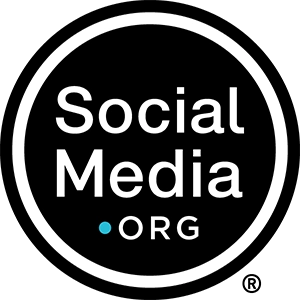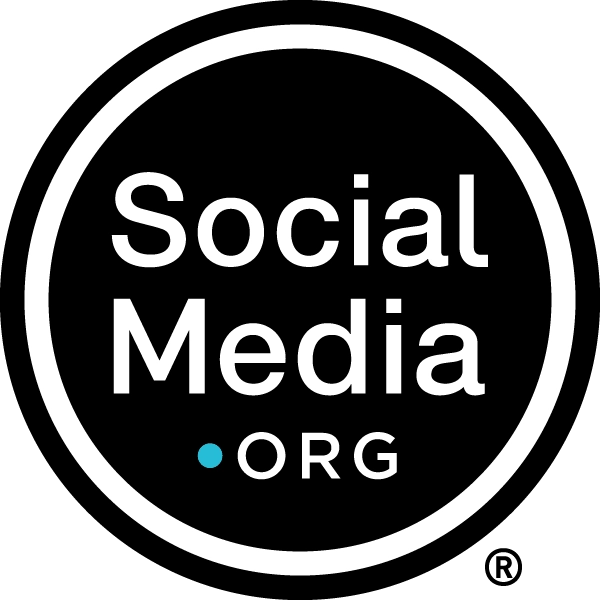Key takeaways:
- Hospital social media leaders are engaging in crisis communication in ways they would never have anticipated, from social media attacks to global pandemics.
- While social media teams are often the first to identify and escalate a situation, it’s important to have a cross-functional team in place to own the crisis management process.
- An effective crisis communication playbook is essential to establishing good governance.
When leading social media at a hospital, it’s not a matter of “if” but “when” you’ll need to respond to an emergency scenario.
Hospital shootings, social media attacks, and a global pandemic — healthcare social teams are well-versed in managing crises. Avoiding them may not be possible, but there are tactics that will allow you to respond appropriately in real time.
Let’s dive into some best practices for identifying, assessing, and escalating crisis situations.
Establish Ownership for Crisis Management
To develop a crisis management plan, it’s essential to know your key decision-makers — coordinating a response should not fall solely on social media teams.
Elizabeth Cramer, Regional Oncology Director at Natera, a biotechnology research company, touched on this in her post on healthcare reputation and crisis management.
It’s important to have a cross-functional team in place to own the crisis management process. Elizabeth suggests bringing in individuals from Marketing, Communications, Public Relations, and Legal and meeting at least quarterly.
While your social team may be responsible for delivering the message, the decision to make a comment may fall on another stakeholder — it’s critical to determine who will make the final call.
Elizabeth also recommends pre-determining a strategy in the event that a key decision-maker is unavailable at the time. In situations like these, it’s incredibly valuable to have a crisis playbook that clearly articulates your overall strategy.
Develop a Crisis Communication Playbook
In December, SocialMedia.org Health members met for a private conversation on crisis planning, and playbooks were a topic of interest for many hospital social leaders.
Through the conversation, they found that while some hospitals have playbooks for the institution as a whole, there isn’t always adequate guidance regarding social media. Many social media leaders said they were working to build out a more robust social media response plan and establish a seat at the table for crisis response discussions.
A blog by Healthcare Social Media broke down how to develop a crisis response plan into three key stages: Preparation, action, and review. Preparation involves defining what constitutes a crisis, engaging in social listening, and developing a clear written strategy.
The blog also outlined key considerations when putting this playbook into practice, including the need to be as transparent as possible as quickly as possible, saying, “Every moment counts on social media. The longer you wait, the more the conversation will heat up.”
Know that developing a crisis playbook is not a one-and-done effort — regular audits are essential to establish effective governance structures. This can be a collaborative process where your team can garner feedback on what’s working and what isn’t.
Determine Your Best Response Channel
In her blog, Elizabeth Cramer at Natera said it’s important to determine the preferred crisis communication channels in advance, and at times, it may be necessary to respond on more than one platform.
This depends on the level of emergency. For example, she said a negative patient comment may only require a referral to the individual’s physician, but something like a data breach of hospital records could demand a dedicated website, press release, and executive comment.
SocialMedia.org Health members also shared that while many crises are first identified and addressed through the voice of social media, some hospital leadership are more traditional and prefer to respond only through conventional media.
Mitigate Risks by Benchmarking with Your Peers
Hospital social media leaders are leaning into crisis communications in ways we would have never anticipated, and it’s not easy to navigate.
How to achieve real-time crisis response, monitoring, and reporting, is still a big hurdle for many healthcare social media leaders.
SocialMedia.org Health is a valuable resource for healthcare social media leaders looking to benchmark their crisis management strategies. If you lead social media at a major hospital, you can apply to learn more about how your peers are navigating this challenging environment.



![Protecting Your Brand: How Hospital Social Media Leaders Navigate Cultural and Crisis Moments SMOH – Blog – Thumbnail – [Protecting Your Brand How Hospital Social Media Leaders Navigate Cultural and Crisis Moments]](https://socialmedia.org/wp-content/uploads/2024/03/SMOH-Blog-Thumbnail-Protecting-Your-Brand-How-Hospital-Social-Media-Leaders-Navigate-Cultural-and-Crisis-Moments.png)

